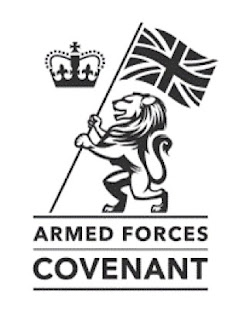We commemorated Lincoln in WW1 on 18 October 2018 at Lincoln Drill Hall which was home to the Lincolnshire Volunteers.
We were joined by representatives and regimental drums from the Royal Anglian Regiment (successors to the Lincolnshires) and a representative from RAF Cranwell.
We had silhouettes from There but not There
Some wonderful memorabilia
and the film of the performance of Green Fields Beyond about the making of the tank in Lincoln.
We had silhouettes from There but not There
Some wonderful memorabilia
and the film of the performance of Green Fields Beyond about the making of the tank in Lincoln.
Andy Blow showed original film of the tank and aircraft being made in Lincoln. Charles Parker told the story of the engineering companies who turned their hand to aircraft production and Richard Pullen told the remarkable story of the tank. I offered the background including that of the Drill Hall Christ's Hospital which treated the wounded. Melvyn Prior of BBC Radio Lincolnshire introduced the evening.
Our wonderful Drill Hall team dressed up as munitionettes.
Our wonderful Drill Hall team dressed up as munitionettes.















